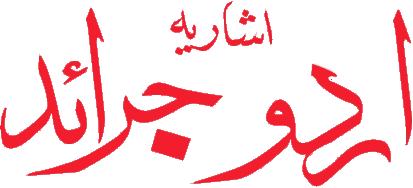Sultan Abdul Hameed II: Islamic Identity, State Institutions and Leadership in an Era of Transition
سلطان عبدالحمید ثانی: اسلامی شناخت، ریاستی اداروں کی تشکیل اور عہدِ انتقال کی قیادت
Keywords:
Abdul Hamid II, Ottoman Constitution, Midhat Pasha, Tanzimat Reforms, Ottoman Press Censorship, 19th Century Ottoman Politics.Abstract
Sultan Abdul Hamid II (b. September 21, 1842) ascended the Ottoman throne in 1876 as the 34th Sultan at age 34. Orphaned at ten, he was raised by a devout stepmother whose piety and composed demeanor profoundly shaped his character. Educated in the imperial palace, he mastered Arabic, Persian, history, literature, and Sufism while excelling in martial arts (swordsmanship, archery). His keen awareness of global politics and domestic affairs later defined his rule. Upon accession, Abdul Hamid agreed to three conditions from reformist leader Midhat Pasha:
- Promulgation of a constitution.
- Consultation only with responsible ministers.
- Appointment of specific officials as private and chief secretaries.
However, once in power, he violated the latter two terms and only nominally honored the first. He appointed anti-reformists to key court positions—Mahmud Celaleddin Pasha as Grand Marshal and "English" Said Pasha as First Aide-de-Camp—bypassing Midhat’s candidate for Chief Secretary. This signaled his centralization agenda. In December 1876, Midhat became Grand Vizier but faced immediate opposition in the cabinet. When Justice Minister Cevdet Pasha (secretly anti-reform) moved to postpone the constitution, Midhat threatened resignation, citing the coup’s sole purpose as constitutionalism. Concurrently, critical articles in İstikbal* newspaper questioning the Sultan’s sincerity provoked Abdul Hamid. Blaming journalist Ziya Bey, he exiled Ziya to Berlin (preventing parliamentary candidacy) and shuttered *İstikbal, crushing dissent. These early actions revealed Abdul Hamid’s strategy: leveraging ceremonial concessions to gain power while systematically dismantling reformist influence through appointments, suppression of press freedom, and isolation of opponents—a prelude to his autocratic 33-year reign.
Downloads
Downloads
Published
Issue
Section
License
© Author(s). This article is published as Open Access under the Creative Commons Attribution 4.0 International License (CC BY 4.0), which permits unrestricted use, distribution, and reproduction in any medium, provided the original work is properly cited.















